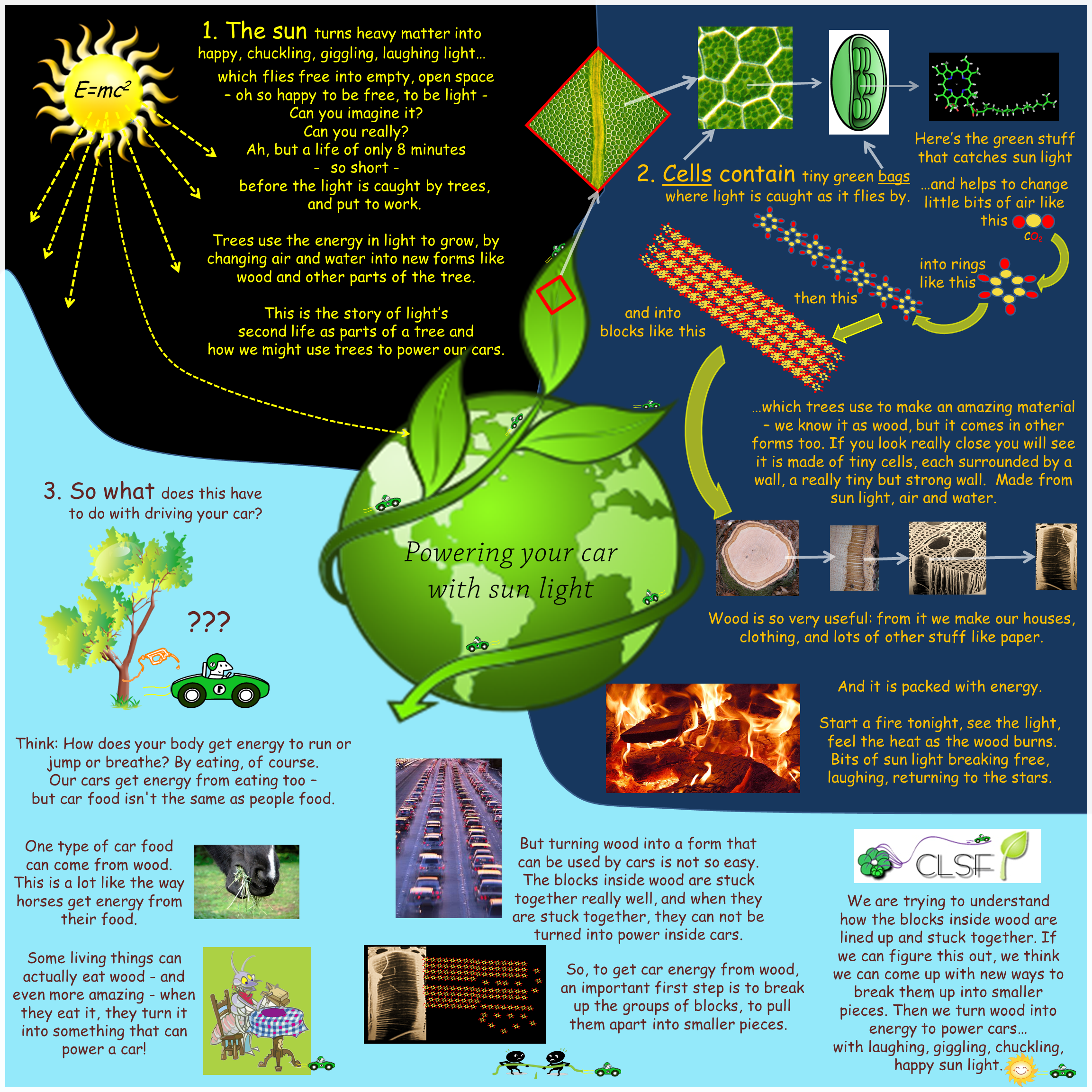Mickey Hart of Grateful Dead fame is known for pushing boundaries. A prime force behind the ethnically diverse genre known as world music, Hart won a Grammy for 2007’s “Global Drum Project.” His brand-new album, “Mysterium Tremendum,” goes way beyond globetrotting to encompass the rhythms of the entire universe. And some of the most far-out sounds on the record, literally, were created by Penn State’s Mark Ballora.
 Ballora, who teaches music technology at Penn State, creates “sonifications,” aural patterns in which data sets are represented as sound. As he explains, they’re “just like visualizations, except they’re aimed at the ear instead of the eye.” His compositions are incorporated as backing tracks on Hart’s new album.
Ballora, who teaches music technology at Penn State, creates “sonifications,” aural patterns in which data sets are represented as sound. As he explains, they’re “just like visualizations, except they’re aimed at the ear instead of the eye.” His compositions are incorporated as backing tracks on Hart’s new album.
In this fascinating TED talk given in December, Ballora shares examples of his oeuvre, taking rapt listeners on a sonic tour from the surface of the sun through the solar system and beyond, arriving at last at sounds that represent the echoes of the Big Bang. Though we can’t see them, he says, these are “the rhythms of space time that underlie the pulsations of our existence.”
Unlike composers of the late-night “Hearts of Space” genre, Ballora says, he strives to be true to the actual data, to create sonifications that are “both musically compelling and scientifically informative.”
Is it music? Is it science? Does it matter?
Pythagoras and Galileo, Ballora points out to his TED listeners, never saw the two as separate.
“The distinction is a recent imposition.”


